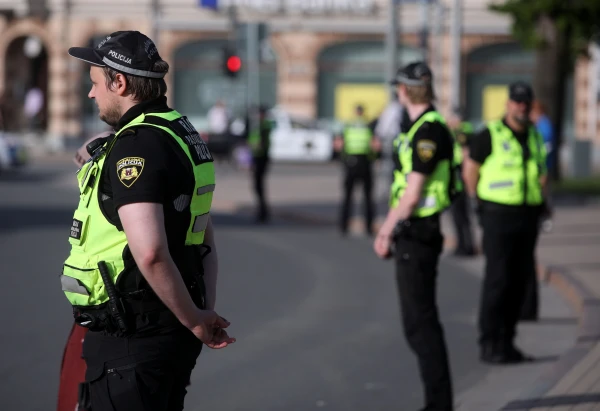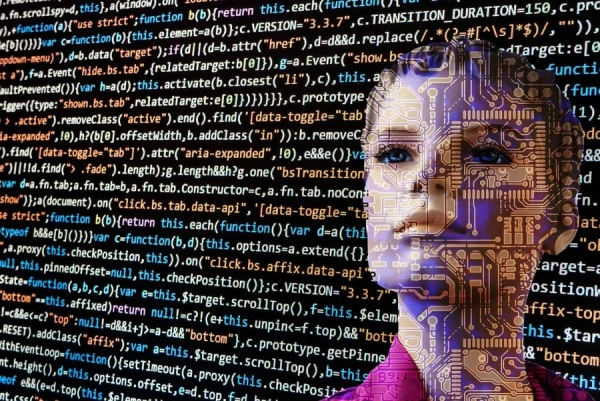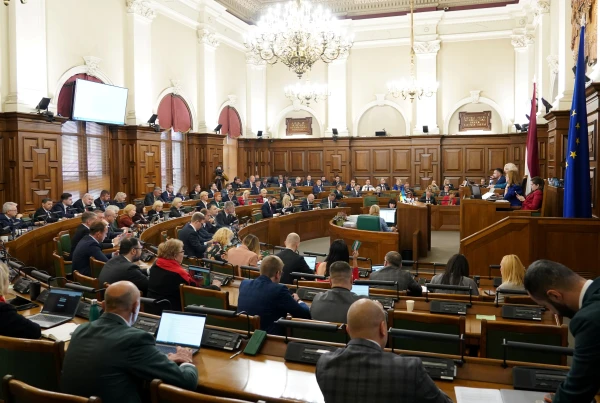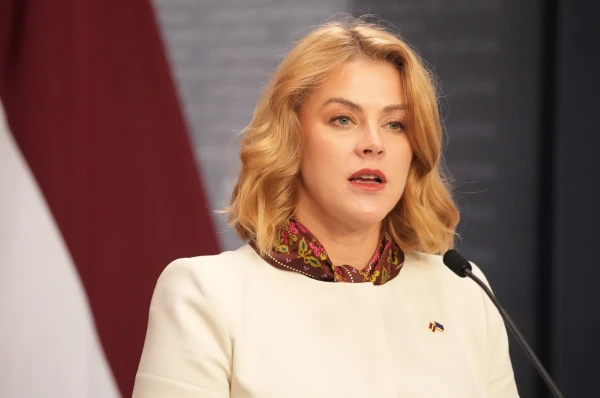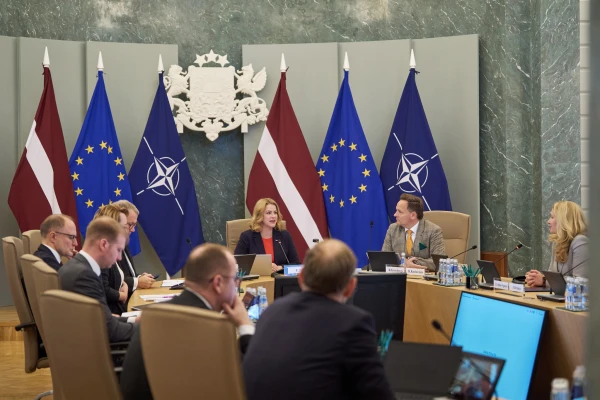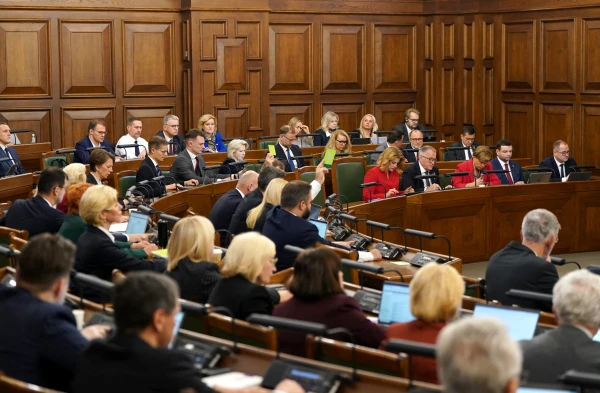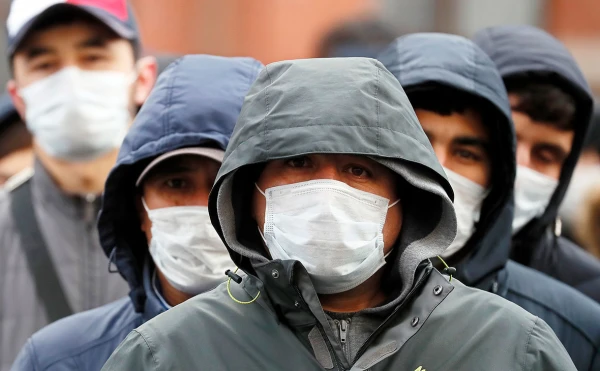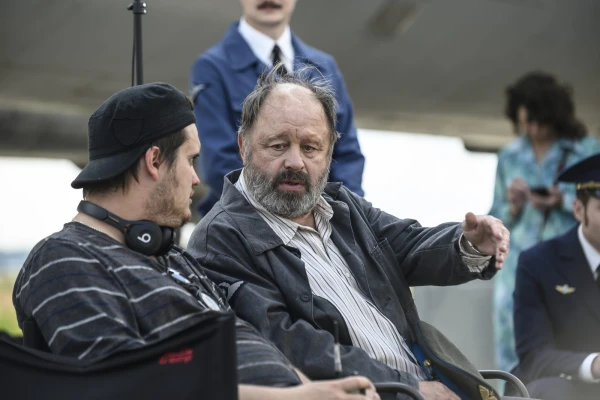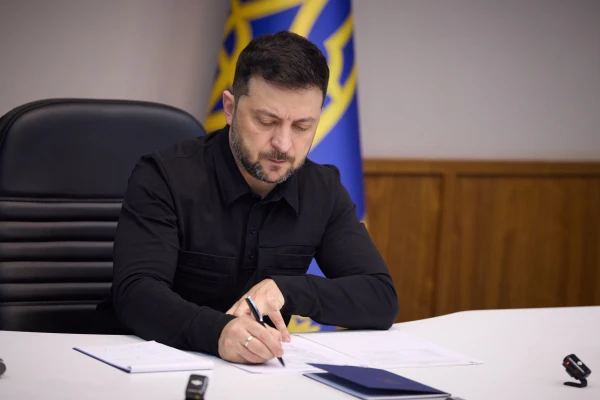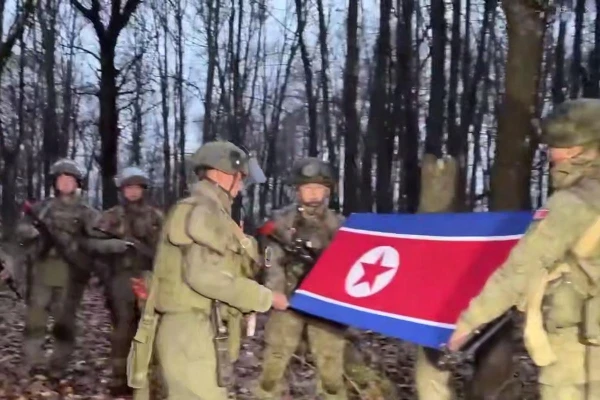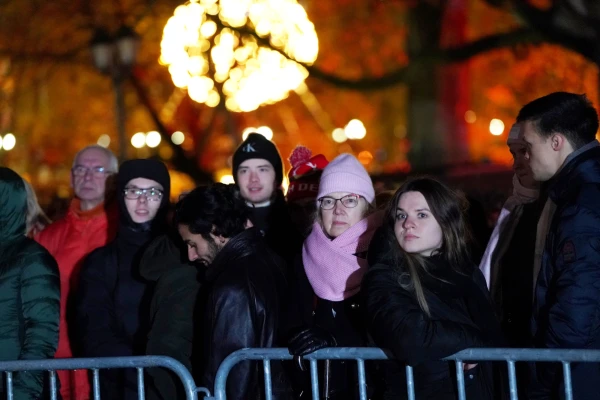
Young people most often participate in elections, volunteer activities, and public initiatives, but less often in the activities of political parties and protests, according to a study by associate professor of Vidzeme University Ieva Berzina "Patriotism and Nationalism in Civic Education in Latvia," writes LETA.
Political and civic participation of youth in Latvia varies. Most often, young people participate in elections; however, some survey participants admitted that a lack of political knowledge or the feeling that their vote does not make a difference hinders them from actively participating. Often, the motivation to go to the polls comes from parental influence, and some vote for candidates chosen by their parents, as they do not feel sufficiently informed themselves.
In addition to participating in elections, many young people sign initiatives on the "Manabalss.lv" portal, donate to various organizations, or engage in volunteer work, for example, in youth centers or by helping refugees from Ukraine. Some note that such activity changed during the pandemic when some events were held remotely.
Only a portion of survey participants actively follow political events; many receive information only from friends, family, or through social media. Some admit that they are only interested in political issues during special events, such as elections, or follow the situation in general terms to avoid worrying.
The study also shows that some youth participate in advocating for minority rights—such as supporting people with disabilities or gay friends—however, most have not encountered such situations or have not yet seen the need to act. One survey participant noted that her parents learned to understand and defend gay people, inspired by her friendship with members of the LGBT community.
At the same time, the study shows that some youth do not feel competent enough to participate in political parties or in addressing issues with state and municipal institutions. Participation in pickets and protests is also not widespread, although some admit they would participate if the topic were important to them.
The limited participation of youth in political parties in Latvia is explained by a negative perception of politics, public attitudes, and concerns about reputation. Some survey participants believe that participating in a party may lead to negative perceptions in society or criticism on social media. Others point to a lack of political knowledge or language skills to represent the interests of a large number of people, as well as a reluctance to take on serious responsibility.
Most young people do not express their political views on social media. Some discuss politics among friends, but this practice is not widespread.
Teachers note that many forms of participation seem symbolic to youth, especially in schools of national minorities. A positive example of active participation mentioned is Daugavpils, where the local government provides youth with real opportunities to participate in the decision-making process.
The study on patriotism and nationalism in civic education in Latvia was conducted as part of the Latvian Council of Science project "Patriotism and Nationalism: Thinking, Attitudes, and Their Impact on the Development of a Democratic Civil Society."
Its goal is to examine how these forms of national attachment influence the development of a democratic society. The study was conducted in the context of the Russian-Ukrainian war, which has highlighted issues of national identity, society's readiness for crises, and the significance of democratic values.
